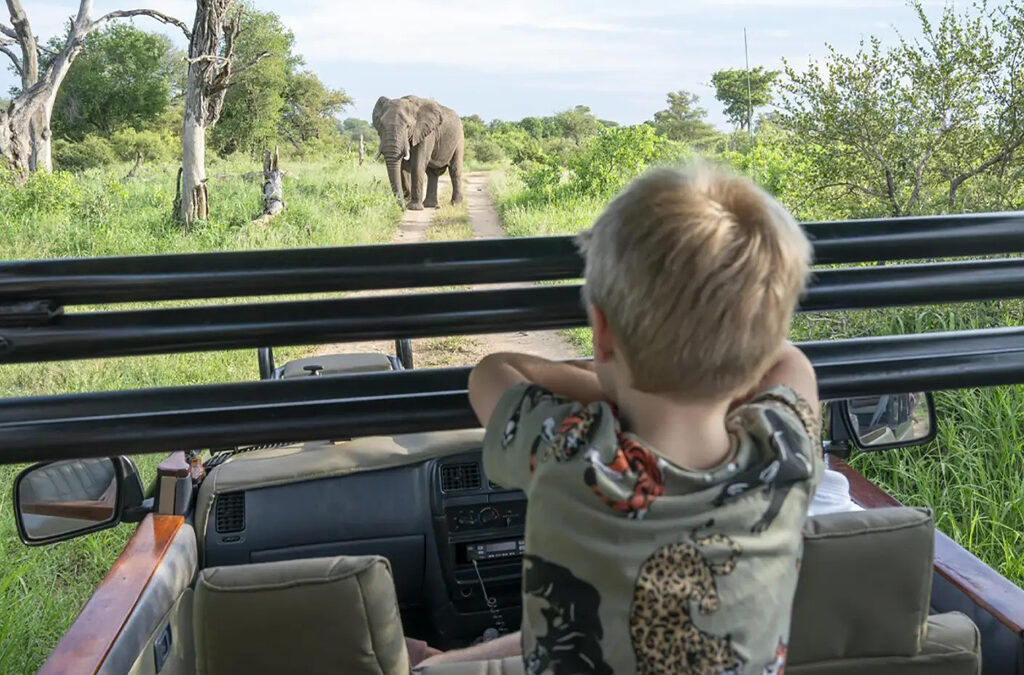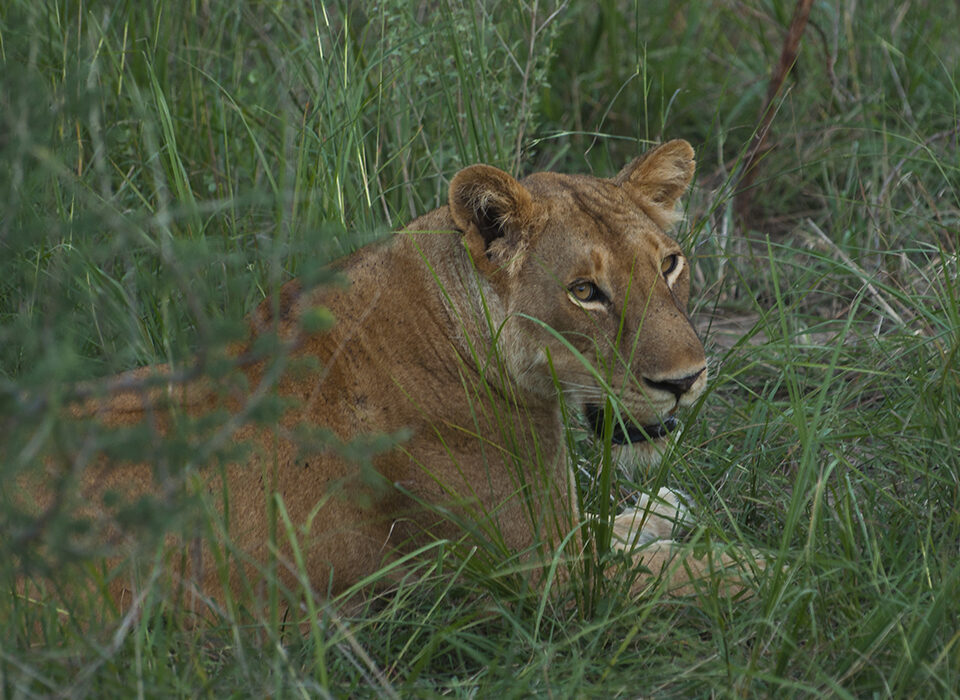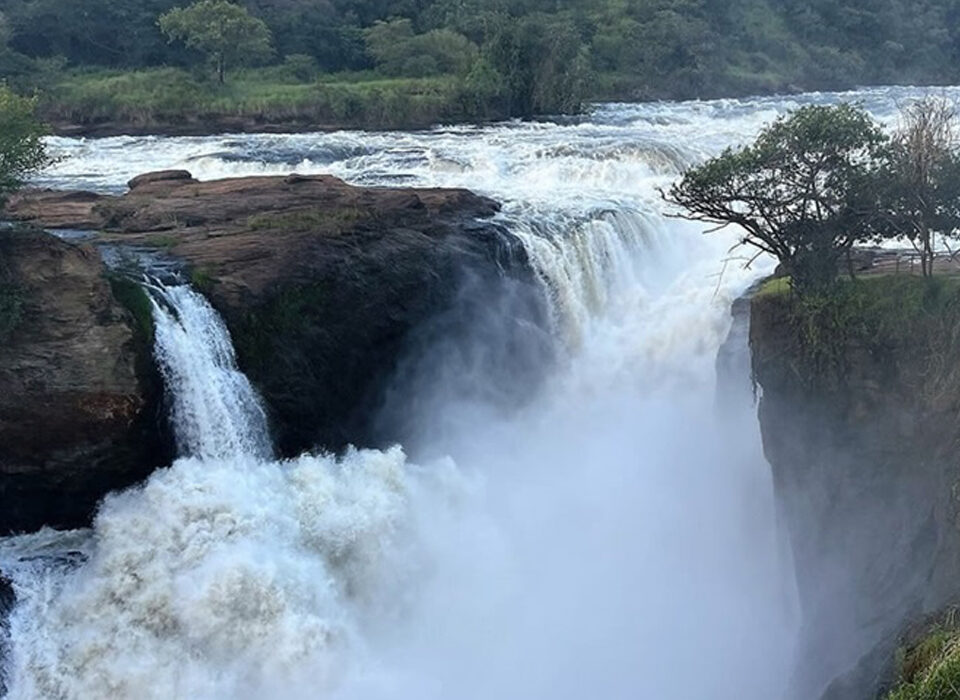
Exploring the Natural Beauty of Lake Kivu, Rwanda
September 27, 2025
What Should I Wear on a Game Drive Safari?
September 27, 2025Can Children Participate in Game Drives?

One of the most common questions families ask when planning a Uganda safari is whether children can join game drives. The answer is a clear yes. With careful planning, the right destination, and an experienced guide, game drives can be thrilling, safe, and educational for children.
Uganda’s national parks and reserves offer families unmatched opportunities to explore nature together. From the golden sunrise over Murchison Falls National Park to the gentle giants of Queen Elizabeth National Park or the vibrant birdlife of Lake Mburo, a well-planned safari can become the highlight of any family trip.
But how can families make sure children enjoy and benefit from a game drive? How can they balance adventure with safety? This article explores the rules for children on safari, the educational benefits, safety considerations, and how to combine game drives with other family-friendly activities.
Understanding the Rules: Are Game Drives Suitable for Kids?
Parks and lodges have different age restrictions. Many Ugandan parks allow children of all ages to join shorter, guided drives in enclosed vehicles. Open safari vehicles often have a minimum age of five or six for safety reasons.
Some lodges offer “Kids on Safari” programs. These shorter drives focus on easy-to-spot animals, such as giraffes, zebras, antelopes, and warthogs. Guides use storytelling techniques to explain animal behavior in ways children understand. Imagine your child watching a lioness with her cubs or elephants playing in the river. These experiences spark wonder and foster early conservation awareness.
Uganda’s parks suit different family needs. Lake Mburo National Park offers shorter, gentle drives for young children. Murchison Falls National Park provides longer drives for older kids. Birding safaris allow families to spot more than 1,000 bird species, turning each sighting into a fun challenge.
Educational Benefits: How Game Drives Inspire Young Minds
Game drives act as outdoor classrooms. Nature becomes the teacher, and wildlife is the subject. Children learn to identify species, understand their role in the ecosystem, and witness predator-prey interactions firsthand. Experienced guides keep children engaged with age-appropriate explanations.
Families also see conservation in action. Children learn why protecting lions, elephants, and rhinos matters and how eco-tourism supports local communities. Cultural visits add another layer of learning. Children meet local peers, exchange stories, and even join traditional dances. This combination of wildlife and culture broadens their understanding far beyond what textbooks offer.
Older children can participate in gorilla trekking experiences (minimum age 15). Meanwhile, younger siblings enjoy tailored game drives and cultural activities. Thoughtful planning ensures every child has an adventure suited to their age and interests.
Safety Considerations: Ensuring a Secure Experience
Safety is a top priority for families on safari. Preparation, choosing the right guide, and following park regulations are key. Vehicles should be well-maintained, seat-belt equipped, and driven by guides familiar with wildlife behavior.
Private game drives offer flexibility. Families control the pace, stops, and activities to match children’s attention spans. Enclosed vehicles protect young children from wildlife and weather while still providing panoramic views. Parents can bring snacks, water, hats, and binoculars to keep kids engaged. Short breaks, storytelling, and interactive wildlife spotting games add fun without compromising safety.
Some parks, like Kidepo Valley National Park, require longer drives that can tire toddlers. In such cases, shorter excursions in nearby parks, such as Queen Elizabeth or Lake Mburo, allow families to enjoy wildlife without overwhelming young travelers.
Combining Game Drives with Other Safari Activities
Game drives pair well with other safari experiences. Families can start with a morning drive in Queen Elizabeth National Park and follow it with a boat cruise on the Kazinga Channel. Hippos, crocodiles, and countless water birds offer close-up views. Birding safaris complement game drives, making for a full day of exploration.
Cultural activities add enrichment. Visits to local communities near Bwindi Impenetrable National Park allow children to participate in crafts, storytelling sessions, and cooking demonstrations.
Older children can combine gorilla trekking with game drives, creating once-in-a-lifetime adventures. Imagine spotting lions hunting in the savanna, then trekking through misty forests to see mountain gorillas. This mix of wildlife, culture, and adventure ensures a memorable experience for the whole family.
Why Choose a Family-Friendly Safari?
A well-designed family safari entertains, educates, and inspires. Families leave with more than photos—they bring home stories, knowledge, and a lifelong appreciation for Africa’s natural heritage.
From spotting the Big Five and rare birds to immersing in Uganda’s cultural traditions, trips can be tailored to every interest and age group. With thoughtful planning, children can fully participate in game drives, making them one of the most rewarding experiences of their young lives.


